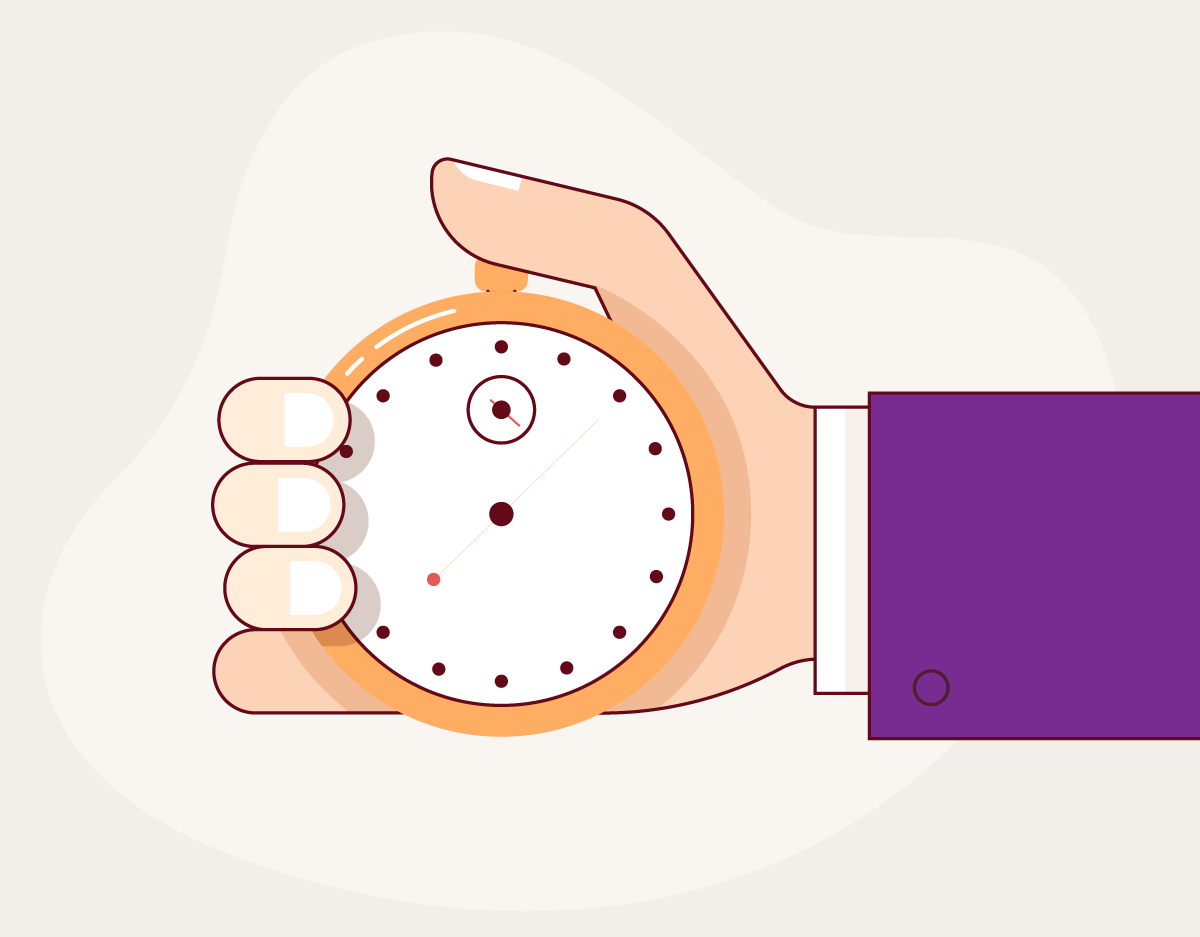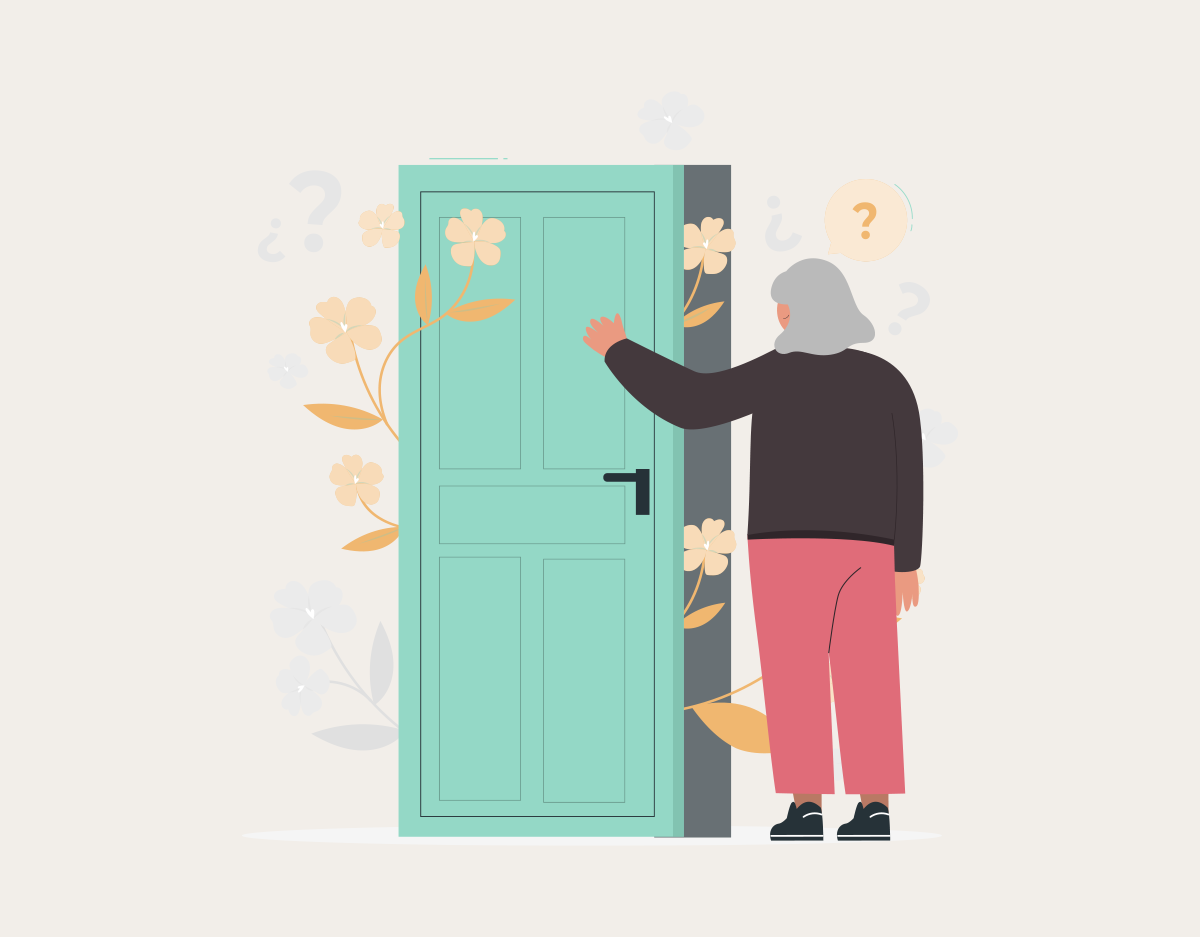What to expect in couples therapy
If you and your partner are dealing with recurring conflicts, disconnection, or dissatisfaction with your relationship, therapy can help. Therapy can provide a safe space with an objective professional to help you reconnect and create the relationship you desire. Sometimes the expectation of couple therapy is that the therapist will identify the party that is at fault for the relationship problems. In couple therapy, however, it is the relationship that is the client, not any one individual. For this reason, the therapist’s role is to navigate the different needs of each party to facilitate a mutually satisfying relationship.
Couple therapy begins with the therapist understanding the relationship challenges from each person’s point of view. More importantly, is understanding the underlying needs and feelings that drive each person. The therapist will bring these to light through the sessions, to help each party understand themselves and each other better. With these insights, a therapist can teach you and your partner how to navigate these differences, finding real solutions that work for both of you.
So, what if your partner won’t come? Encouraging someone to try counselling can have a good outcome, but trying to force someone is not advisable. Start with yourself. Sometimes a change in one person's behavior can create a change in another. It is also not uncommon for one party to start counselling, and then the other party joins. Either way, you will get the help you need to create change for yourself, whatever that may be.
Not all couple therapy ends with a mutually satisfying relationship. Therapy may help one or both parties come to a decision to end the relationship. In these situations, the therapist will help the couple navigate a constructive separation. This is especially important if children are involved as the relationship only changes form, it does not end.
Relationships are difficult. Having an unbiased third party to help you navigate the challenges and support your goals for change can make a difference. You may be surprised at how quickly change can occur. It takes hard work and an investment of time to create meaningful change in therapy. But good therapy is worth the effort.















